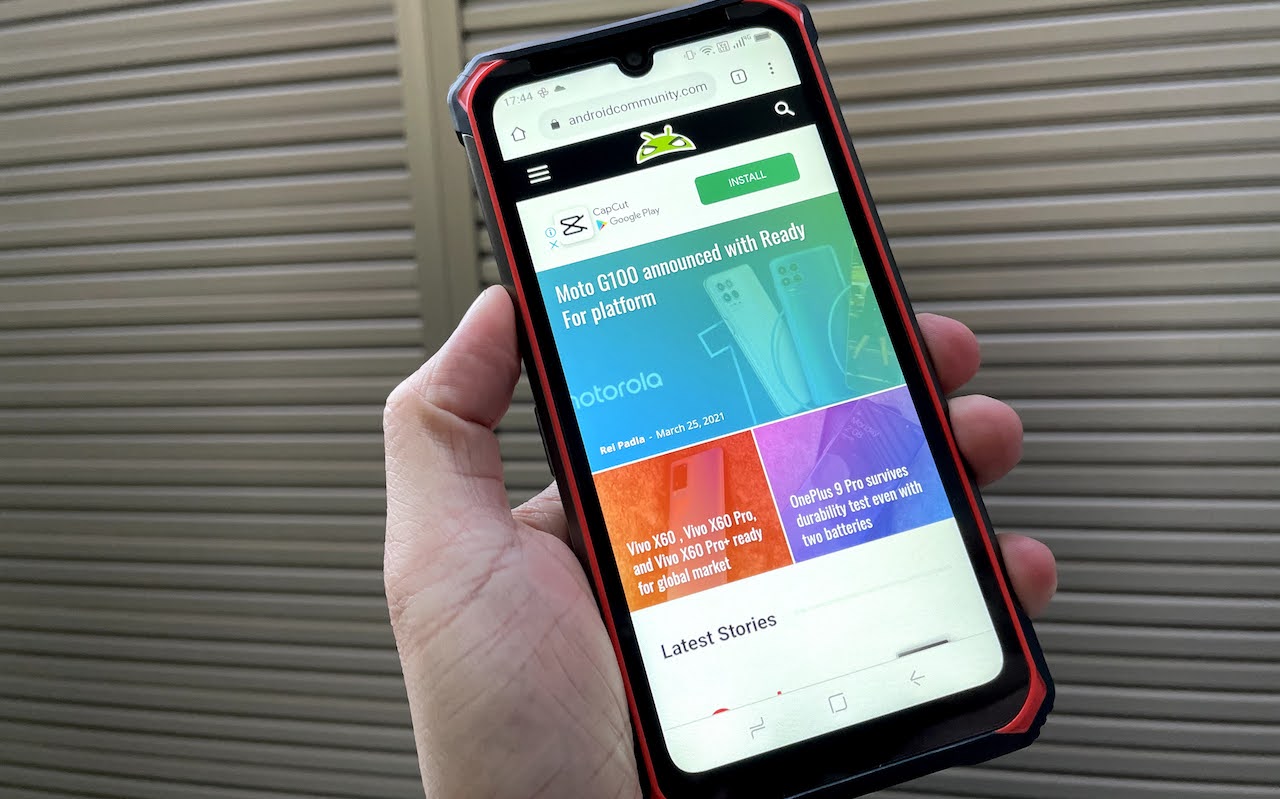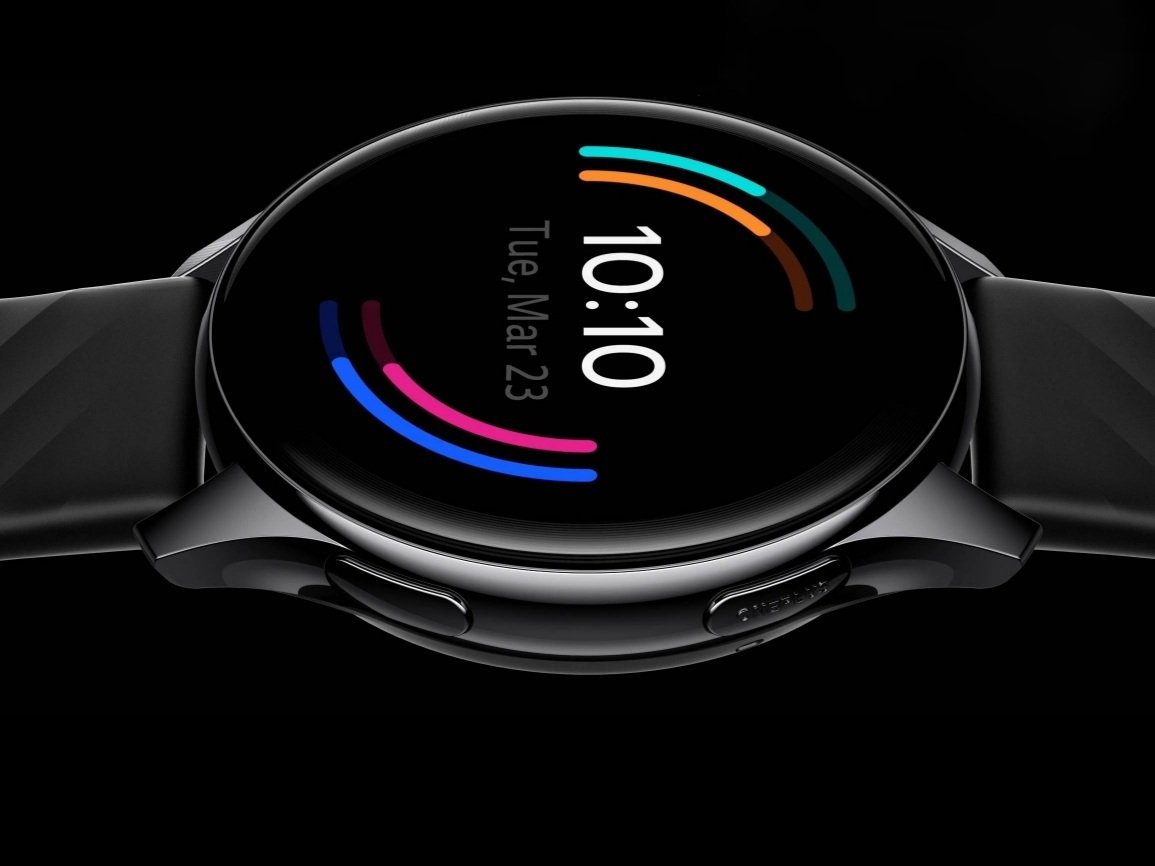Google collects 20x More Data Than Apple According To Researcher - Android
Google collects 20x more data from Android than Apple collects from iOS. That is according to research from Douglas Leith of Trinity College who is both an iOS and Android researcher. ArsTechnica reported using this research that Google collects an enormous amount of data from Android users. Regardless of if you have iPhone or Android [...]
Read More...
The post Google collects 20x More Data Than Apple According To Researcher appeared first on Android Headlines.

Google collects 20x more data from Android than Apple collects from iOS. That is according to research from Douglas Leith of Trinity College who is both an iOS and Android researcher. ArsTechnica reported using this research that Google collects an enormous amount of data from Android users.
Regardless of if you have iPhone or Android device, it will continuously send data to its respective company servers. Despite differing privacy policies both Apple and Google collect data such as location, phone number, and local network details. This is nothing new at all.
However, Leith is showing just how much more Google collects via a side-by-side comparison. Both mobile operating systems collect data 24/7 even when idle. This data transmission sent by the OSes begins as early as when a user sets up their device and inserts a SIM card. It even happens while the user browses the settings screen.
According to Leith, this data is sent to back-end servers every 4.5 minutes on average. Even pre-installed apps send data when they have not been opened or used yet. To give a simple example of the data that gets collected, iOS automatically sends data from Siri, Safari, and iCloud.
Whereas Android collects data from Chrome, YouTube, Google Docs, Safteyhub, Google Messenger, the device clock, and the Google search bar. Remember all of these are pre-installed applications that the user does not have to download.
Now to put some numbers with all of the words, at startup Android devices send about 1MB of data to Google. Whereas, iOS sends only around 42kb to Apple.
Google collects 20x more data than Apple. Is anybody surprised?
When it comes to idle transmission, Google receives about 1MB of data every 12 hours from Android. Apple on the other hand receives about 52kb from iOS over the same time frame.
When combining that idle transmission with all of the other data that Android collects a total of about 1.3TB is sent to Google every 12 hours. Apple on the other hand receives around 5.8GB worth of data every 12 hours.
Now, this isn’t meant to bash Android or Google. The love towards both is alive and well. With that being said, it is smart to take all of these numbers with a grain of salt. Google has come to its defense by disagreeing with the numbers.
Google says that the findings are “are based on faulty methods for measuring the data that’s collected by each OS.” Google also says that “data collection is a core function of any internet-connected device.” Which of course every user knows.
A spokesperson did give an official statement on the matter saying:
We identified flaws in the researcher's methodology for measuring data volume and disagree with the paper’s claims that an Android device shares 20 times more data than an iPhone. According to our research, these findings are off by an order of magnitude, and we shared our methodology concerns with the researcher before publication.
This research largely outlines how smartphones work. Modern cars regularly send basic data about vehicle components, their safety status, and service schedules to car manufacturers, and mobile phones work in very similar ways. This report details those communications, which help ensure that iOS or Android software is up to date, services are working as intended, and that the phone is secure and running efficiently.
Google collects 20x more data is the old story of Google vs Apple again.
The same spokesperson goes on to say that it is inaccurate to say a user can opt-out of all telemetry data collection by Google OS. The telemetry data Android collects is not part of the Android and Diagnostics checkbox.
Google considers this telemetry tada essential for normal operation. Google uses this data to update and patch Android which most users can agree is important. Furthermore, the Google representative says the challenges the methods the researcher uses.
To clarify, the researcher allegedly leaves out the amount of data collected by iOS. The UDP/QUICK traffic is common data that smartphones collect. Google says this information is not in the research. If that is true then the numbers can really be skewed in favor of Apple.
Apple's privacy-focused approach vs Google's convenience focused approach
After Google and Apple rep spoke anonymously as well saying Apple provides transparency and control for personally collected information. The rep continues saying Apple offers privacy protections that prevent Apple from tracking user locations, and that Apple informs users about the collection of location-related data.
Leith is using a Google Pixel 2 running Android 10 and an iPhone 8 running iOS 13.6.1 in the research. The iPhone was jailbroken, and the Pixel had the Google Play services enabled.
The study measures data from multiple areas. First, the study measures data from a startup following a factory reset. It also measures a user inserts or removes a SIM card.
The study measures when a handset is idle and when a user is viewing the settings. The study also measures when a user enables or disables the location. Lastly, the study measures when a user logs into the app store.
According to Leith, the data links to a user's name, email address, and payment card data. In addition, the data will possibly show other devices the user owns. Of course, the constant communication to the servers reveals a user’s IP address. As a result, the user will have their geographic location is revealed.
All of the research is actually pretty fascinating. However, it falls back into the Android vs iOS debate. Studies and articles on this subject are nothing new.
Apple sells its devices based on privacy and a locked-down environment. Google offers more freedom and convenience to Android users. Ultimately this research will most likely not dissuade users from their selected platform.
The post Google collects 20x More Data Than Apple According To Researcher appeared first on Android Headlines.
31/03/2021 09:08 PM
DOOGEE S86 Review - Rugged mid-ranger with a monster battery
31/03/2021 03:00 PM
Put Your Facebook Timeline In Chronological With This New Feature
31/03/2021 07:51 PM
AUKEY 100W 4-Port PD GaN Charger Review - One Charger for all your gadgets!
31/03/2021 06:32 PM
Google says it won't pull a 'Voltswagen' this year
31/03/2021 08:47 PM
England vs Poland live stream - How to watch the World Cup 2022 qualifiers
31/03/2021 10:02 AM
New Proof Points To Wear OS Smartwatches From Samsung
31/03/2021 01:40 PM
This is why the OnePlus Watch doesn't run Wear OS or have always-on display
31/03/2021 11:21 PM
Google may be releasing a more affordable Pixel Buds A
31/03/2021 10:22 AM
- Comics
- HEALTH
- Libraries & Demo
- Sports Games
- Racing
- Cards & Casino
- Media & Video
- Photography
- Transportation
- Arcade & Action
- Brain & Puzzle
- Social
- Communication
- Casual
- Personalization
- Tools
- Medical
- Weather
- Shopping
- Health & Fitness
- Productivity
- Books & Reference
- Finance
- Entertainment
- Business
- Sports
- Music & Audio
- News & Magazines
- Education
- Lifestyle
- Travel & Local






